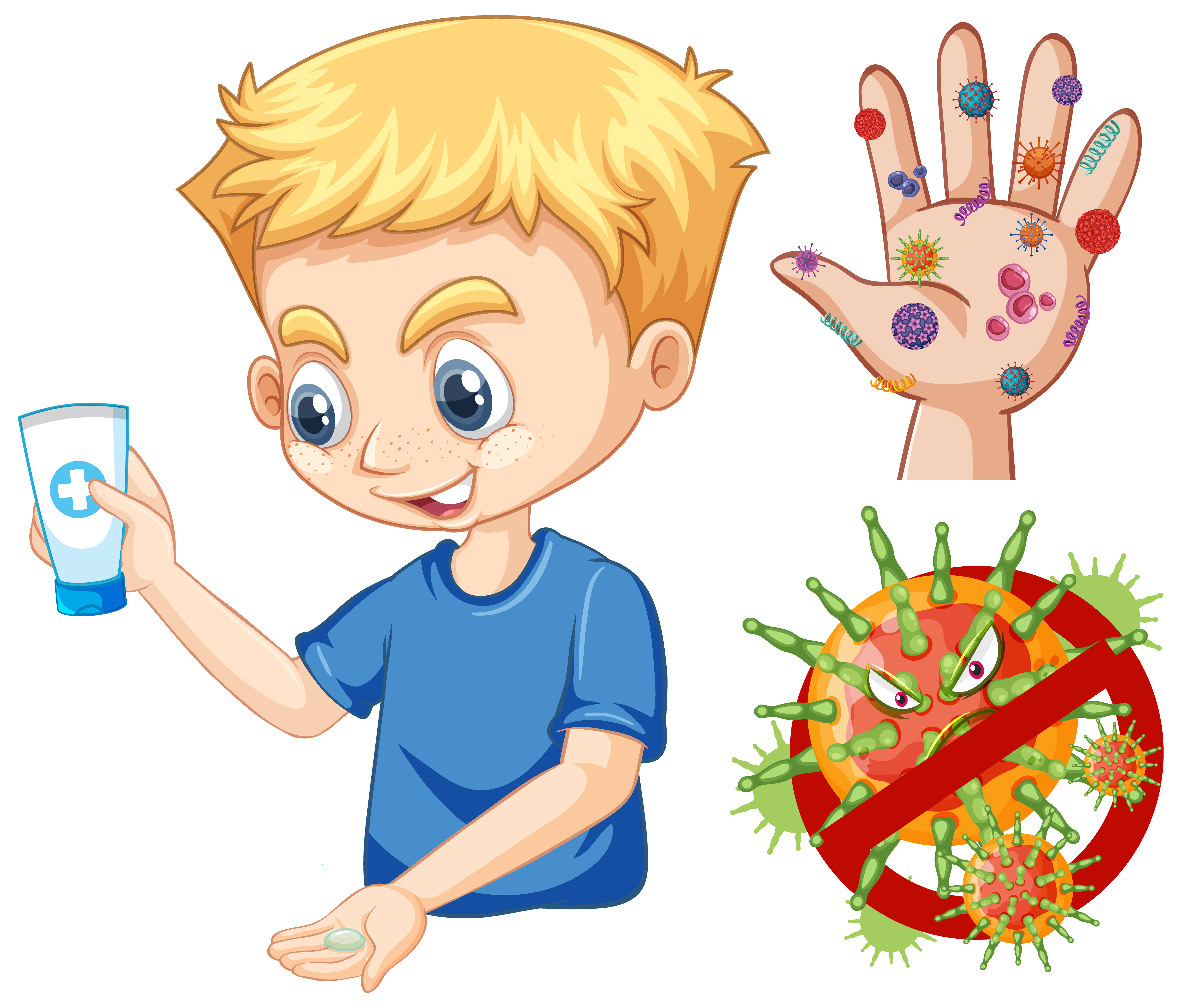When your child develops an itchy rash, mild fever, or seems unusually irritable, it can feel alarming. Chickenpox, caused by the varicella-zoster virus, is one of the most common childhood illnesses. While it spreads easily, it’s generally mild and manageable especially with the right medical guidance.
At NYUCC (New York Urgent Care Center), our team supports families through every step of managing chickenpox from early recognition to monitoring symptoms, preventing complications, and ensuring a smooth recovery. With urgent care walk in services available in Queens and across New York, expert medical help is always close by.
1. Recognizing Chickenpox in Children
Early detection helps parents take the right precautions. Often, symptoms begin one to two days before the rash appears. Common early signs include:
- Mild fever and tiredness
- Loss of appetite
- General discomfort or body aches
As the illness progresses, the characteristic rash appears typically starting as small red bumps that evolve into fluid-filled spots before eventually scabbing. Children are contagious from one to two days before the rash appears until all blisters have crusted, usually within a week to ten days.
When you visit NYUCC, our medical team can confirm whether it’s chickenpox and help you understand how to manage isolation and care safely.
2. Why Professional Evaluation Matters
Although chickenpox is usually mild, medical evaluation is important to:
- Confirm the diagnosis and rule out other skin conditions
- Monitor for possible complications such as bacterial infections or dehydration
- Ensure safe recovery and provide appropriate care guidance
Our healthcare providers thoroughly assess your child’s condition, answer your questions, and help you navigate each stage of the illness confidently.
3. How NYUCC Supports Your Family
Our focus is on providing comfort, reassurance, and clear direction. During your visit, we:
- Evaluate your child’s symptoms and overall health
- Offer advice on safe symptom management
- Monitor for any signs that may require closer attention
- Provide instructions on when to return for follow-up or emergency care
We also educate parents on how to minimize the spread of infection within the household and in the community.
4. When to Seek Urgent Care
While most children recover without issue, some symptoms may indicate a more serious condition. You should visit NYUCC right away if your child shows:
- Persistent or high fever
- Difficulty breathing
- Blisters that appear infected (redness, swelling, or pus)
- Unusual drowsiness, confusion, or severe headache
- Signs of dehydration, such as reduced urination or dry mouth
Our facility offers on-site lab, X-ray, and EKG services if further evaluation is needed. Our priority is ensuring your child’s comfort and safety.
5. Preventing the Spread of Chickenpox
Chickenpox is highly contagious, so prevention plays a key role. Our team guides families on:
- Keeping children home until all blisters have crusted
- Practicing good hygiene and frequent handwashing
- Avoiding shared towels, toys, and clothing
- Ensuring all family members are up-to-date on vaccinations
We also provide helpful strategies for keeping your child calm and engaged during their recovery period.
6. Returning to School or Activities
Children can usually return to school and social activities once all blisters have dried and crusted over. Our team can provide official documentation if your child’s school or daycare requires confirmation that they are no longer contagious. We also remind parents to continue observing their child for any recurring symptoms after recovery.
7. Compassionate Support for Your Family
At NYUCC, we know that caring for a sick child can be stressful. Our team takes the time to explain each step of care, answer your questions, and provide ongoing reassurance. We believe that informed, calm parents make for confident caregivers and that helps children recover more smoothly.
If you’re looking for a Family Urgent Care Clinic, our providers are experienced in treating pediatric conditions with care and compassion.
8. Convenient Hours and Walk-In Availability
We understand that illnesses don’t follow a schedule. That’s why NYUCC is open seven days a week for urgent care walk in visits:
Hours:
- Monday–Wednesday: 8 AM – 8 PM
- Thursday: 8 AM – 5 PM
- Friday: 8 AM – 8 PM
- Saturday: 8 AM – 6 PM
- Sunday: 8 AM – 3 PM
Families can visit anytime during operating hours or call us for same-day appointments.
Phone: (718) 962-2273
Walk-In: No appointment needed, we're here when you need us most.
At New York Urgent Care Center, we provide expert, compassionate care to help your child recover safely while supporting parents with knowledge and peace of mind every step of the way.
9. Frequently Asked Questions
Q1. How long is chickenpox contagious?
Usually from one to two days before the rash appears until all blisters have crusted, typically around 7–10 days.
Q2. Can chickenpox be severe?
While most cases are mild, certain children such as infants or those with weakened immune systems may experience complications.
Q3. When should I seek medical attention?
If your child has a high fever, breathing difficulties, or shows signs of infection or dehydration, visit urgent care in Queens or any urgent care in New York immediately.
Q4. How can I prevent the spread of chickenpox at home?
Isolation, hygiene, and vaccination are key preventive measures.
Q5. When can my child return to school?
Once all blisters have crusted and your provider confirms they are no longer contagious.

